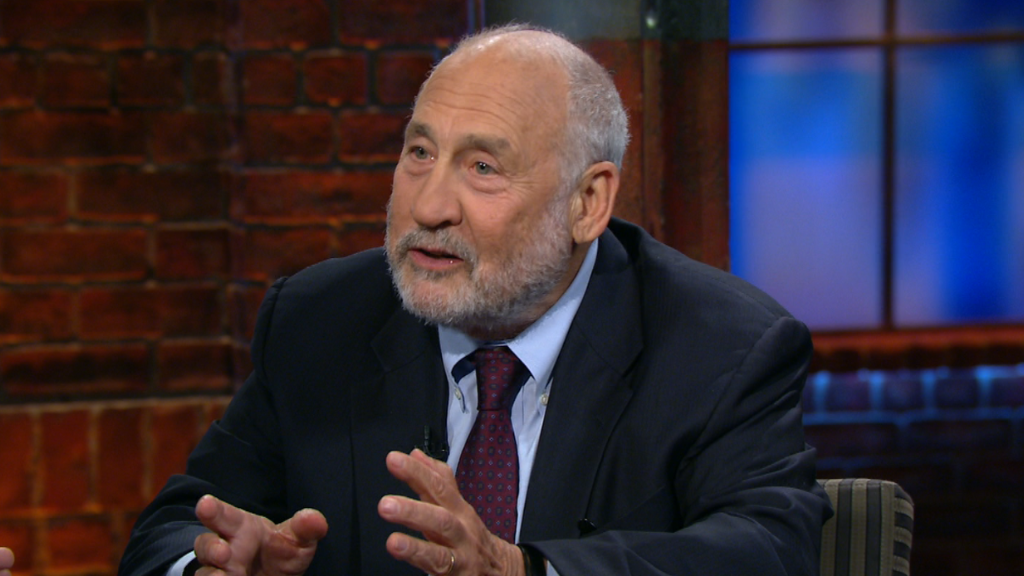
The Made in Germany brand is on a roll.
Germany's trade surplus reached a new record of €252.9 billion ($270 billion) in 2016, the largest gap between exports and imports since the country's statistical agency started keeping records.
The news follows criticism of Germany's trade policies by Peter Navarro, an economist who leads President Trump's White House Trade Council. Last week, Navarro accused Germany of using a "grossly undervalued" euro to hurt the U.S. economy.
Navarro is likely to see Thursday's report as further evidence that Europe's largest economy should be held to account.
"Peter Navarro is not happy about that and I'll be watching for a Trump tweet," said Peter Boockvar, chief market analyst at The Lindsey Group.
German officials have rushed to defend the country's economic policies following Navarro's broadside.
"Germany is a country that has always called for the European Central Bank to pursue an independent policy, just as the Bundesbank did before the euro existed," Chancellor Angela Merkel said last week in response.

It's true that Germany has no direct control over the euro -- the currency is managed by the ECB.
ECB president to Trump: 'We are not currency manipulators'
But that argument is unlikely to satisfy the U.S. administration, which is pursuing a series of protectionist trade policies. Trump has specifically threatened German automakers with a 35% tariff on cars imported into the U.S.
Jens Spahn, a German deputy finance minister, argued forcefully against the Trump administration's position on Thursday, saying that both the U.S. and Germany have reaped the benefits of globalization and economic integration.
"Blaming a country that has embraced these tasks and benefits from a highly competitive business environment would be bizarre. Nobody can have an interest in provoking a trade war," he wrote in the Wall Street Journal.
This is not the first time that Germany's trade imbalance has come under scrutiny. Many economists, including those at the European Central Bank, have warned that the trade imbalance within poses a risk to the eurozone.
Critics argue that the German government should encourage faster wage growth by boosting its domestic spending. They say that would boost domestic growth as well as demand for imports from other countries.
The German government is largely resistant to that idea, however. Instead, it is focused on achieving a balanced budget.
Chamber of Commerce to Trump: Don't mess with trade
Jennifer McKeown, chief European economist at Capital Economics, said the Trump administration may pursue a variety of strategies to reduce imports from Europe and boost domestic production.
"While protectionism may come in the form of tariffs, the U.S. administration might also attempt to keep down the value of the dollar," she said.


